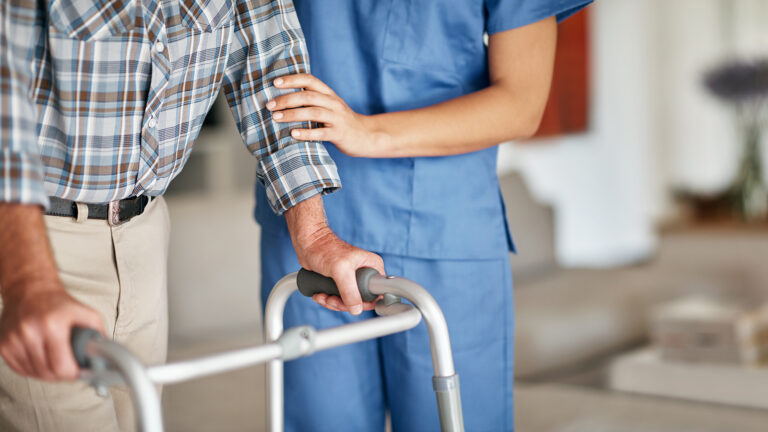Many companies have emerged in recent years selling tests claiming to be able to tell someone their “biological age” and, in turn, predict how long they have left to live.
These tests claim to analyze a person’s risk of developing conditions such as heart disease, cancer, and other illnesses. As older people are more likely to develop these diseases, identifying a person’s disease risk can help determine their “true” age, relative to their biological age.
However, many doubt these tests and have even stated that they are unethical and an inappropriate way to assess a person’s health.
What is your biological age?
A person’s biological age is a number that refers to the aging of their cells throughout their life. Like a age of person, their cells become larger and unable to divide as efficiently. This, in turn, slows down and hinders many bodily processes, opening the door to the development of a multitude of diseases.
For example, a person’s heart loses on average about 1% of its capacity per year, according to Mount Sinai.
Cells also begin to behave abnormally as a person ages, and damage to DNA over the course of a person’s life increases the risk of cancer.
However, time is not the only factor at play. A person who leads a healthy lifestyle, meets recommended exercise goals, and eats a healthy, balanced diet will be able to slow down these processes.
On the other hand, a person who does not eat healthily and leads a sedentary lifestyle puts more strain on their organs, thus speeding up the aging process.
What are the tests that claim to determine your biological age used for?
Although there are dozens of tests all making individual claims, many of them work similarly. Typically, they cost between $100 and $500.
A person will submit a sample of blood, saliva, or other biological sample to a laboratory.
The lab will then analyze the sample to check the health of the cells, analyze a person’s DNA, and look for biomarkers that indicate the health of the heart, brain, and other vital organs. Within a few weeks, a person will usually receive results in the mail, telling them their genetic profile and whether they are at risk of developing certain diseases.
However, the real headliner is the sheer numbers. A biological age, and in fact a general estimate of a person’s health and how long they have left to live.
Some tests bypass this entire process and require a person to enter data into an online web page, which uses a person’s age and biographical information to determine their biological age.
Do biological age tests work?
Biological age is a relatively new topic: the first test to detect it came on the market in 2011. However, the tests rely on the idea that a person’s genes, combined with their lifestyle choices , have an impact on their overall health and lifespan, which is virtually undisputed. .
However, the idea that a concrete figure can be set on this age is contested. These tests are developed by independent companies, using their own methodology. This leads to wildly varying results depending on the particular test she chooses to use.
Experts said Women’s health earlier this year that testing might not deliver much functionality. Exercising more, eating healthier, and avoiding unhealthy behaviors like drinking alcohol or smoking can help improve the overall health and lifespan of almost everyone.
It’s also unclear whether a person can potentially undo the damage already done, meaning that their current biological age probably doesn’t matter and instead the focus should be on living a healthier life in the future. .
